US Supreme Court takes up for hearing a petition challenging Trumps invocation of IEEMA to impose tariffs on 150 countries - At heart of the debate : The major question asked by Chief Justice John Roberts - Has Congress ceded the authority to tax american citizens (result of tariffs) to Presidential Executive Authority ?
Republican Presidents judges in SCOTUS skeptical of Trumps worldwide tariffs
The US Supreme court is hearing a petition against the invocation of the 1977 IEEPA act by President Trump to impose taxes worlwide, Conservative judges are skeptical thattariffs actually tax american
Who gets to raise the tariffs? The Supreme Court, Mr President — and possibly Congress
By Ashok Nilakantan Ayers. November 06, 2025
When the United States Supreme Court began hearing arguments this week about President Donald Trump’s sweeping use of emergency law to slap levies on imports from China, India, the EU and others, the mood in the courtroom was less triumphalist than forensic.
The core question is not whether tariffs are good or bad policy (opinion is plentiful) but whether a president may, by invoking the 1977 International Emergency Economic Powers Act (IEEPA), impose what look very much like taxes on Americans without clear authorization from Congress. The justices — including several who were appointed by Republican presidents — sounded sceptical.

![]()
![]()
The views of liberal judges , with their views on Trumps policies in the past , will be predictable — Sonia Sotomayor, Elena Kagan and Ketanji Brown Jackson.
At the heart of the court’s inquiry is a doctrinal heavyweight: the “major questions” principle. The doctrine says that where a decision has vast political and economic consequences, Congress must speak clearly if it intends to cede that power to the executive.
Chief Justice John Roberts pressed the administration hard on that point, asking why Congress would give the president the authority to “shut down trade” yet not explicitly allow a 1% tariff — a remark aimed at exposing the gulf between broad, vague emergency-language and the specific, economy-wide consequences of sweeping tariffs.
He also described the levies as “animposition of taxes on Americans”, a core congressional prerogative. Other justices, including Neil Gorsuch and Amy Coney Barrett, joined in probing whether IEEPA — which authorises regulation of transactions in “foreign exchange” and other financial dealings — reasonably covers import duties.
Why does this legal hair-splitting matter for economics?
Because the tariffs at stake are not trifling: they are broad, reciprocal levies that touch global supply chains and raise the price of imports for American consumers and firms. If the court affirms lower-court rulings that the president exceeded his authority, it will invalidate the legal basis for these levies and force a political — and economic — reconfiguration.
If the court upholds the administration, it will endorse an unusually expansive view of executive power over trade policy, with long-run implications for market confidence, policy predictability and international dispute settlement.
What arguments did the administration offer?
In short, necessity and flexibility. The White House told the justices that novel threats — fentanyl flows, perceived chronic trade imbalances and “economic coercion” — can amount to national emergencies that require swift executive action. The administration argued the IEEPA’s language about regulating foreign transactions was broad enough to include duties, and that the tariffs were regulatory tools (aimed at changing foreign behaviour), not revenue-raising taxes.
That distinction is central: if a tariff is labelled regulatory it can be shoehorned under IEEPA; if it is, in effect, a tax on Americans, then only Congress can authorise it. The justices repeatedly pressed the administration to explain why that statutory language should be read to encompass tariffs.
If the Supreme Court strikes down the IEEPA route, does that mean the end of Trump’s tariff programme? Not necessarily. The White House has other legal tools. Section 301 of the Trade Act of 1974 — used in Mr Trump’s first term to impose tariffs on Chinese goods — allows the president to act against “unfair” trade practices after investigations by the United States Trade Representative.
The International Emergency Economic Powers Act, Title II of Pub. L. 95–223, 91 Stat. 1626, enacted December 28, 1977, is a United States federal law authorizing the president to regulate international commerce after declaring a national emergency in response to any unusual and extraordinary threat to the United States which has its source in whole or substantial part outside the United States.
Section 232, a national-security statute, permits duties to protect domestic industries deemed vital to defence. But both routes carry constraints: Section 301 is time-consuming and politically exposed; Section 232 requires national-security justifications that are harder to sustain across broad swathes of imports and invite retaliation. Brookings and Bloomberg explain these alternatives and their limits. In practice, a Supreme Court rebuke would complicate and likely narrow the administration’s playbook; it would not render trade action impossible.
Economic consequences: a split between law and markets. Domestically, a ruling against the administration would remove a tool that has been wielded to extract concessions from trading partners and to try to shift the political cost of trade policy away from Congress.
For manufacturers and retailers that rely on imported inputs, the immediate effect would be relief — lower input costs, fewer supply-chain disruptions and less incentive to re-shore at a loss.
For consumers, the impact wouldlikely be downward pressure on prices for goods that have been saddled with higher duties. Conversely, an affirmation of presidential tariff authority would entrench policy uncertainty: firms would face a new, less predictable layer of trade policy driven by executive fiat rather than negotiation and statute.
Internationally, the stakes are geopolitical as well as economic. Trading partners that have been hit — and those observing the litigation closely — would be watching for the rule of law around trade. A ruling that the president exceeded his power could calm anxieties and reduce incentives for retaliatory tariffs or trade diversion. It would reaffirm that changes to global trade architecture require legislative deliberation, not presidential proclamation.
If, however, the court blesses the IEEPA reading, other countries may respond with their own measures or pursue disputes through the World Trade Organization — a less attractive, slower option. Several news outlets have observed that the decision could alter the mechanics of how the United States exerts economic pressure globally.
Beyond immediate price effects, there are subtler macro-political consequences. If the court curtails executive tariff power, Congress may be awkwardly pushed back into the business of trade policy — a messy prospect in an era of polarised politics.
If Congress does not act, the administration will either lean on narrower statutory tools or attempt to persuade the public and legislators to accept tariffs as a necessity, shifting the politics of trade. If the court defers to the president, the longer-term consequence is an emboldened executive whose discretion could be used for politically targeted penalties — which might deliver short-run bargaining gains but also raise the cost of doing business and erode trust in predictable policy.
Finally, what will Chief Justice Roberts’ pointed questions mean politically? They are not verdicts, but they signal the court’s discomfort with a broad administrative claim. The Roberts line of inquiry — that tariff authority is fundamentally a congressional power — echoes a constitutional conservatism about preserving legislative primacy in major economic decisions. F
For markets and for foreign governments, clarity matters. A decision that reins in executive tariff power would restore a degree of procedural normality; one that validates it would open an era in which presidents treat trade as an extra-legislative instrument of statecraft.
Either outcome will be consequential. The court’s ruling, expected in the months ahead, is not merely a judgement about a statute; it is a judgement about who in Washington gets to pick economic winners and losers.
For businesses, investors and foreign governments, the message will be simple: watch the justices — and prepare for whichever branch of government the Court hands the chequebook.


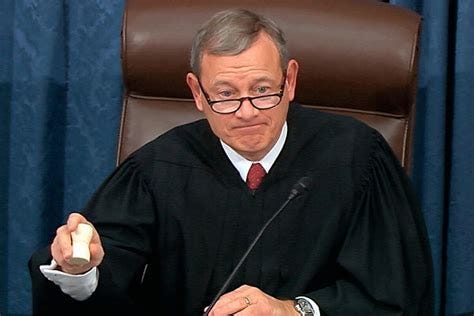
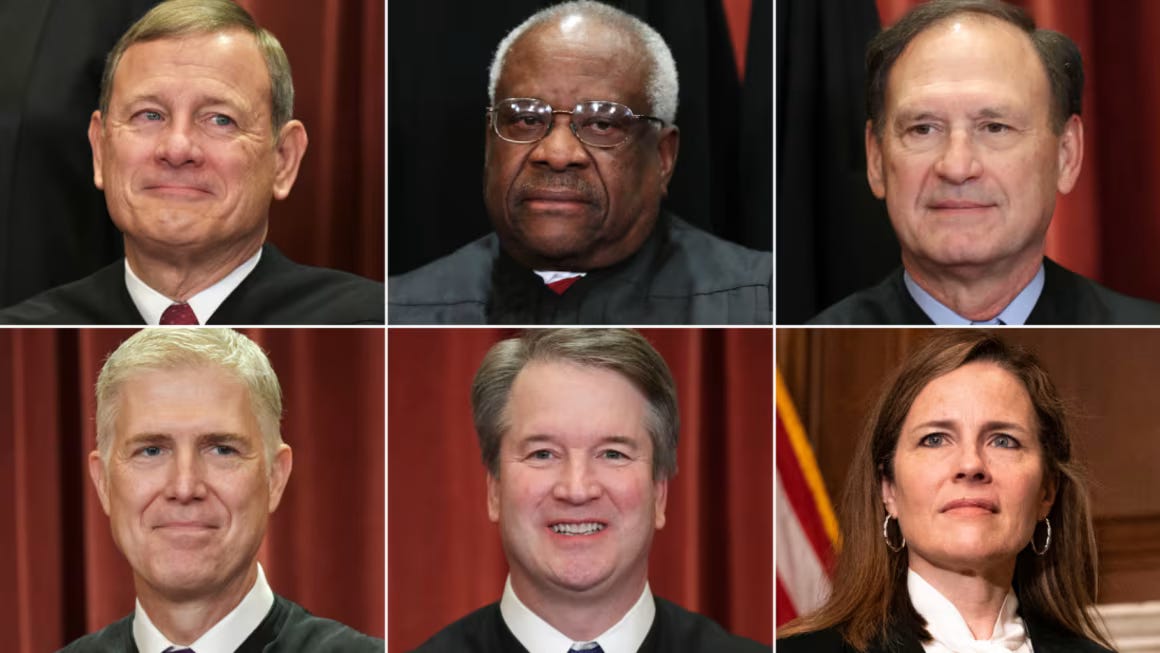


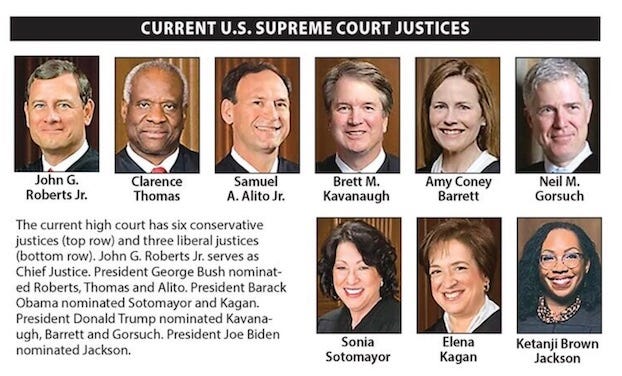
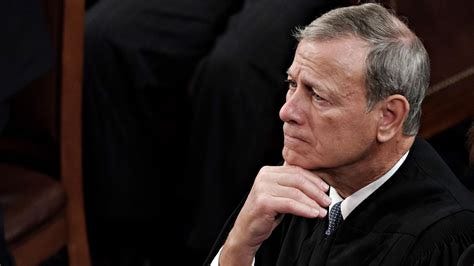
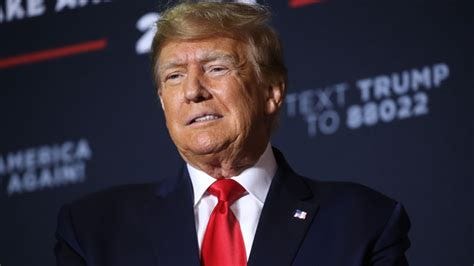
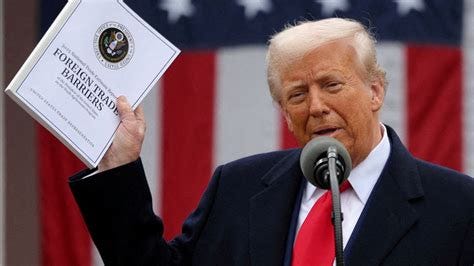
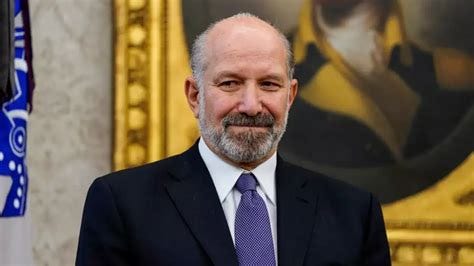
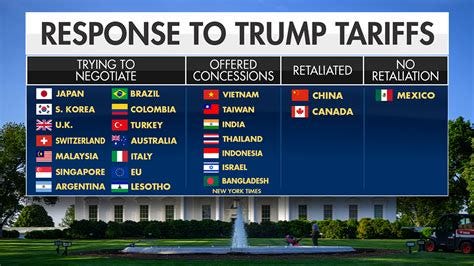
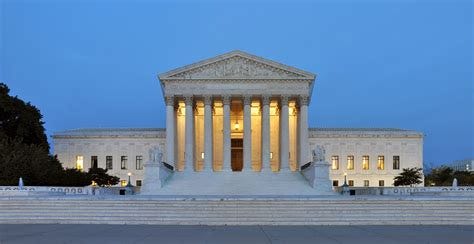
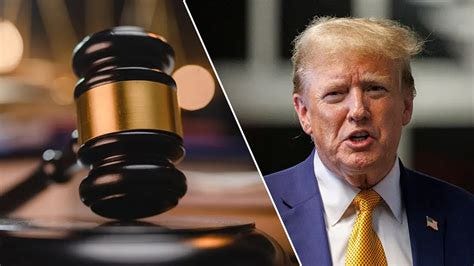
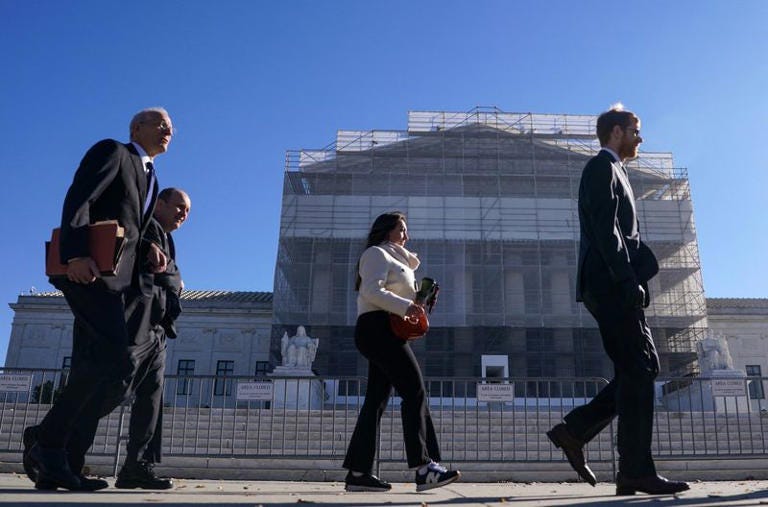
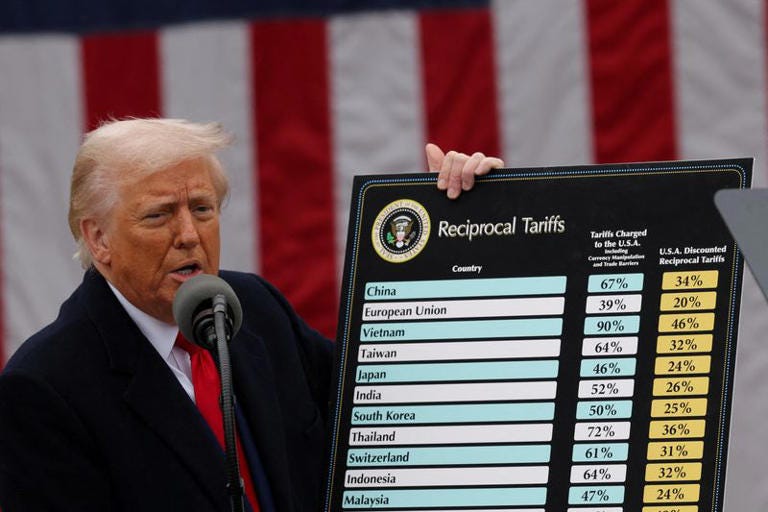
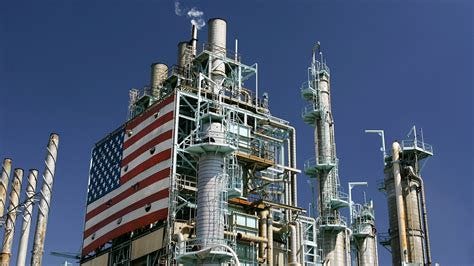

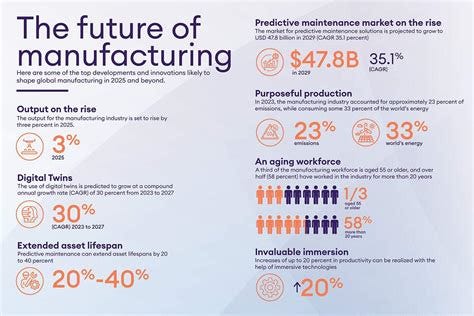
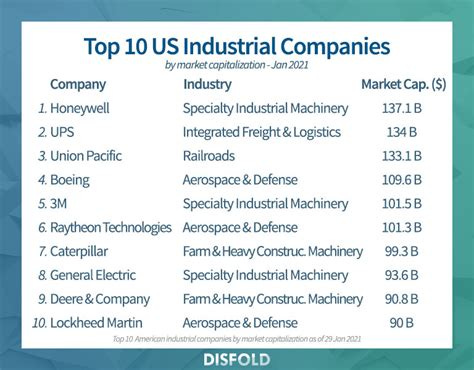



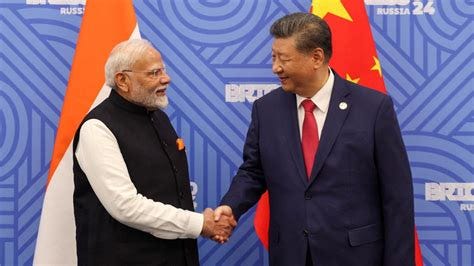
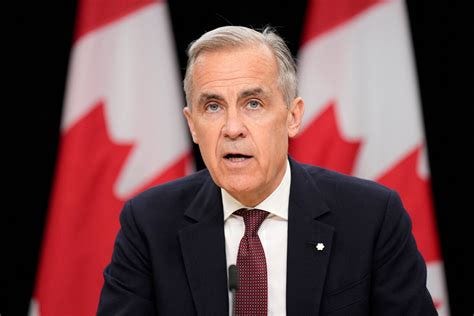


Comments
Post a Comment